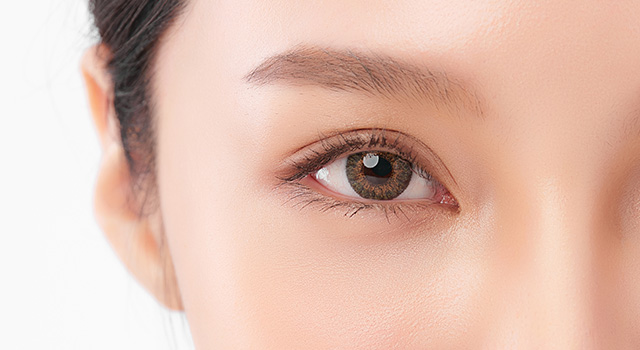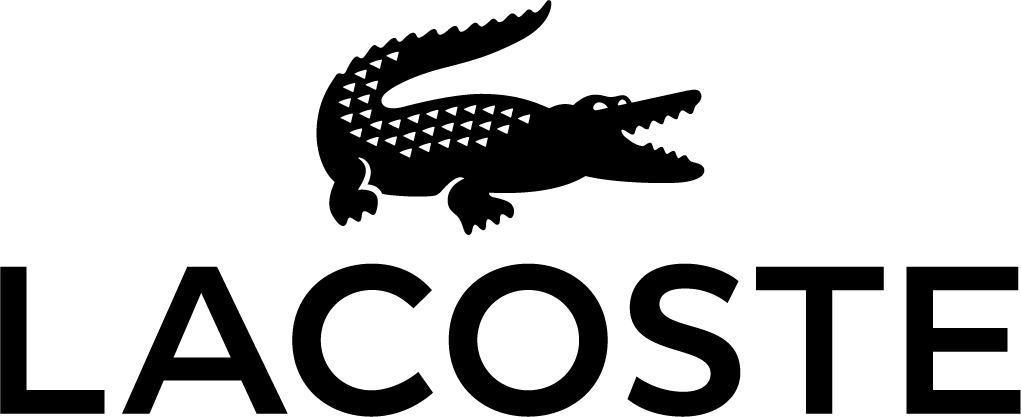
April is Women's Eye Health and Safety Month.
Women go through many changes during their lifetime. Each change could affect her vision differently. Eye disease among women is becoming more common, more notably in middle-aged women. In fact, studies indicate that most women over the age of 40 have some sort of visual impairment, and risk developing conditions such as cataracts, dry eye, glaucoma and diabetic retinopathy. It's worth noting that the chance of women developing vision loss has increased because of women's growing lifespan.
As a woman, an important step you can take to maintain strong vision is to schedule a periodic eye exam. Make sure to go get a full eye test before you turn forty, and that you don't forget to adhere to the advice your eye doctor recommends. Secondly, be aware of your family medical history, because your genetics are an important factor in comprehending, diagnosing and stopping eye conditions. Don't forget to look into your family's eye and health history and inform your doctor of any illnesses present themselves.
In addition, maintain a healthful, well-balanced diet and be sure to include foods rich in beta carotene, zinc and omega-3 fatty acids, all which help protect against eyesight loss from eye disease. You can also buy vitamin A, riboflavin (vitamin B2) and vitamin C supplements, which are all good starting points to keeping up optimal eye care.
For women who smoke, make a decision to stop, because even second-hand smoke can raise the danger of eye disease and is a proven factor in age-related macular degeneration (AMD), as well as cataracts. UV rays, which can also lead to the development of cataracts and age-related macular degeneration, are very harmful for your vision. When you go outside, and not just during the summer, be sure to put on complete UV blocking sunglasses and a wide brimmed hat to protect your eyes from the sun.
Hormonal changes like what might take place due to pregnancy and menopause, can also influence your sight. Often, these shifts can even make the use of contact lenses ineffective or uncomfortable. If you're pregnant, you might want to reduce lens wearing time and adjust your eyeglass prescription if necessary. It's recommended to book an appointment with your eye care professional during your pregnancy to address any eye or vision changes you may be noticing.
There are also precautions to take to shield your eyes from risks at home, such as domestic cleaners. Be sure that household chemicals, including cleaning agents, bleach and fertilizers are kept safely and properly, and are locked away from young children. Scrub your hands thoroughly after handling all chemicals and invest in eye protection when using strong chemicals. Wear safety goggles when repairing things around the house, especially when working with potentially dangerous objects or tools.
If used irresponsibly, eye makeup can also be a safety risk for your eyes. Firstly, never use anyone else's cosmetics. Try not to use old eye makeup and dispose of anything that's been open for more than four months, particularly cosmetics that are aqueous. Look out for any allergic reactions and cease use right away if you notice redness, itchiness or puffiness in or near the eyes. Be aware also that you might actually develop allergic reactions to make up you've been using for years. And of course, be sure to avoid actual contact with the eye when using eyeliners, shadows and mascara.
Women need to be informed of the dangers and considerations when it comes to your eye care. And of course, it can never hurt to educate the other women you know, like your daughters and friends, about how to protect their eye health.































